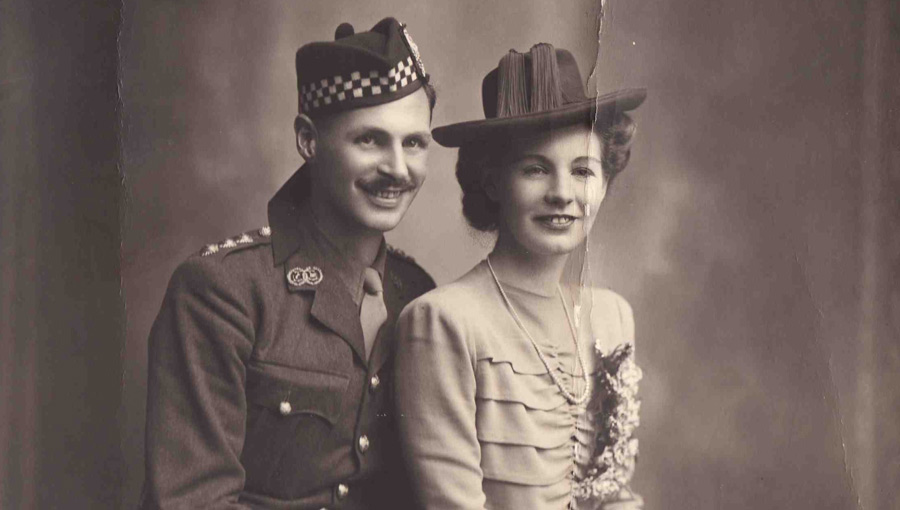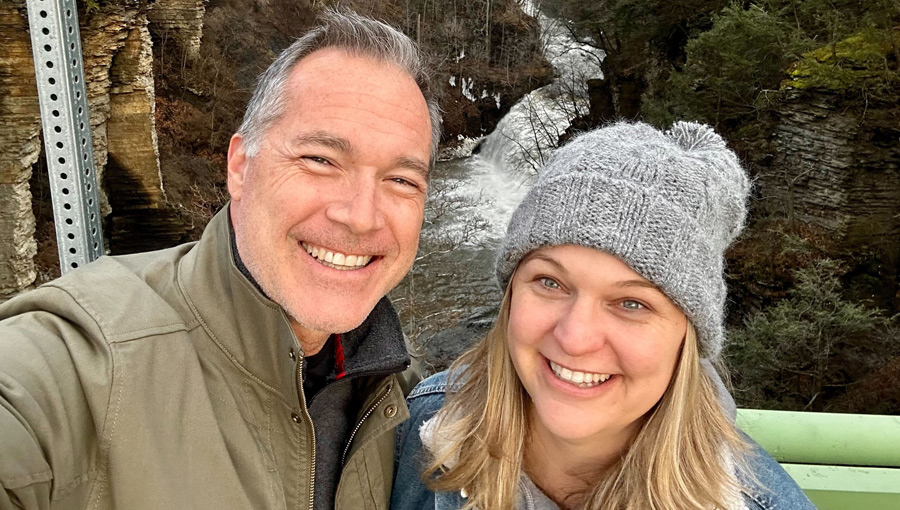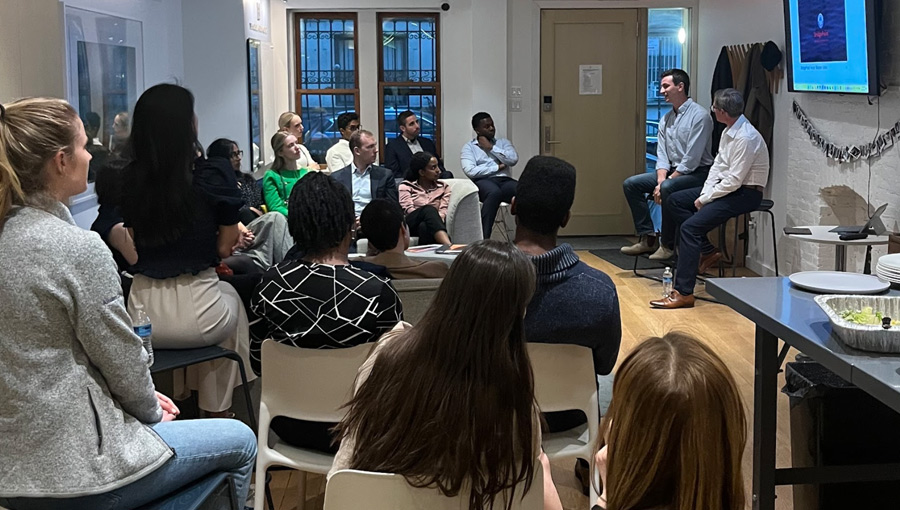Christian Union Bible Courses Challenge Students
By erin conner
Intellectual engagement, one of the six core values of Christian Union, embraces God’s command for us to love God with all our mind. (Mark 12:30) As a result of the desire to intellectually engage university students to build faithful leaders, Christian Union offers rigorous Bible Courses.
Students involved in Christian Union ministries in the fall semester of 2023 have an opportunity to join a 10-lesson study on the Apostle Paul’s letter to the Colossians, which is often referred to as a “prison letter,” as Paul wrote it while “in chains.” (Colossians 4:3, 10, 18.)

Fittingly, the manual for this Christian Union Bible Course starts with thoughts from Ernest Gordon, a POW during WWII and subsequently, the Dean of the Chapel at Princeton University from 1955 to 1981. He was a man who experienced the ministry of Jesus Christ in a powerful way, and who in turn dedicated his life to ministering the good news of Jesus Christ to others, especially college students.
In the following excerpt from his book, Through the Valley of the Kwai, Gordon recalls how he sought to impact the world following their experiences as POWs:
…I had seen first hand the cruelty of a totalitarian regime. I knew something of suffering and what it meant to look death in the face. I knew the depths to which men could sink and the heights to which they could rise. I could speak knowledgeably of despair, but also of hope; of hatred, but also of love; of man without God, but of man sustained by God. I knew the power of the demonic, and I knew the greater power of the Holy Spirit. Many of the prisoners who had died in camp had been so young. I had felt their deaths keenly. I wanted ultimately to minister to the young, to those of college age. But I saw no way that my wish was to be achieved. While I was still in the United States after I had completed my graduate studies at Hartford Theological Seminary, I told the executive secretary of the Board of Education of the Presbyterian Church about my interest in working with students. He suggested that I keep in touch with him. I returned to Scotland to do further work in history and to serve as assistant minister in the historic Abbey of Paisley. Three years elapsed. Then, at his urging, I resigned my post at the Abbey and returned to the United States. I landed in New York without a charge or parish or definite prospect of any kind. I had my sympathetic wife, my children, and two hundred dollars to my name.
Within a week I was invited to supply the Presbyterian churches of Amagansett and Montauk, neighboring villages at the eastern end of Long Island. Less than a year later I was in sight of the opportunity I had been seeking. I was called to be Presbyterian pastor at Princeton University. The following year I became Dean of the Chapel. Here I found that although prison camp and campus were poles apart, many of the questions asked me were identical to those I had been called upon to answer in Southeast Asia.
The miracle I knew in the jungle was being repeated daily on the campus–the miracle of God at work in His world. I recalled that when I was at Paisley I had been told how the old-time weavers, all the while they were making their beautiful and intricate patterns, saw no more than the backs of their shawls. Nothing was visible to them but a tangle of colored threads. They never saw the design they were creating until they took the finished fabric from their looms. The parallel to the mortal lot is plain. Human experience appears to us-as the shawls did to the weavers-to be no more than in-comprehensible tangles of colored threads, whereas in fact life represents the ordered threads in a great design-the design being woven daily on the loom of eternity.
Looking back, in all the chaos and confusion, I could see a splendid purpose being worked out… Jesus had spoken to me, had convinced me of the love of God, and had drawn me into a meaningful fellowship with other men as brothers. Because of him I had come to see the world in a new way as the creation of God-not purposeless but purposeful. He had opened me to life and life to me. In the prison camp we had discovered nothing new. The grace we had experienced is the same in every generation and must ever be received afresh. The good news for man is that God, in Christ, has shared his suffering; for that is what God is like. He has not shunned the responsibility of freedom. He shares in the saddest and most painful experiences of His children, even that experience which seems to defeat us all, death itself. He comes into our Death House to lead us through it.
Regardless of the type of captivity that humanity experiences, coming to know God is a way out and into freedom. For all the students at the schools where Christian Union serves, let us pray this is so through their study of Scripture this fall.
Also, don’t miss this brief biography of Ernest Gordon on the Princeton Alumni Weekly website.
. . .
People just like you help make Christian Union Bible courses available to students at the schools where Christian Union works. Please learn more about sponsoring a Bible Course today.




